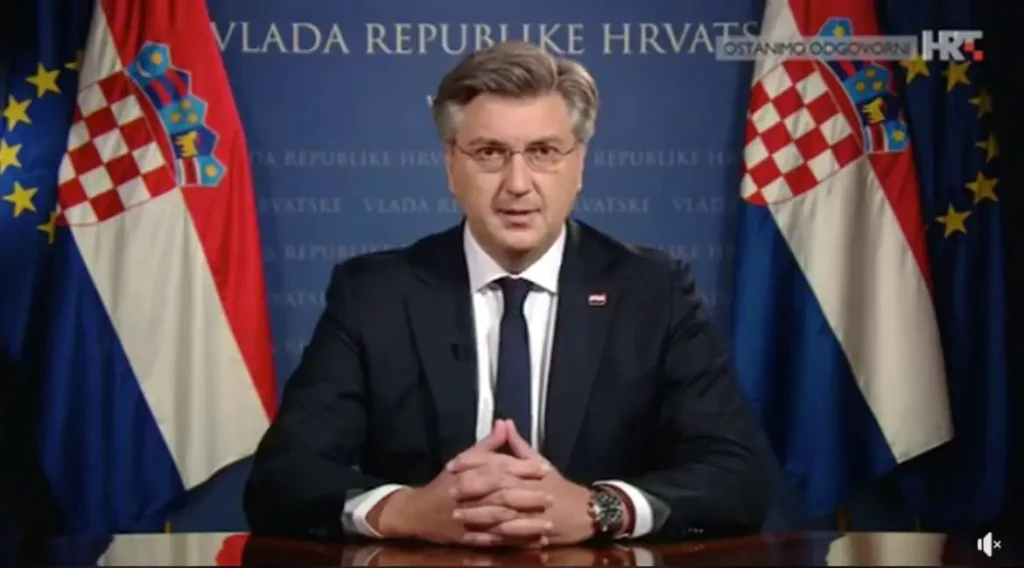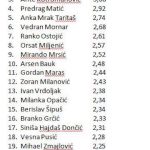“We welcome all MPs to participate in the debate and hope to reach a consensus on this document today,” the prime minister said, reiterating that ten years from now he saw Croatia as a competitive, innovative and safe country of recognisable identity and culture, with preserved resources, good living standards and equal opportunities for all.
Four development areas, 13 strategic goals
Plenković said that in order to achieve this vision the focus of public policies would be on four development areas – a sustainable economy and society, resilience to crises, a green and digital transition, and even regional development – and 13 strategic goals. He added that the strategy included 23 impact indicators showing that the country was on track to achieve this vision.
The prime minister listed the goals that were to be achieved by 2030, including raising GDP per capita to 75% of the EU average and the share of exports from 52% to 70% of GDP. Efforts will be made to speed up the work of the judiciary, achieve the OECD average score in PISA tests, increase the employment rate to 75%, reduce the portion of people at risk of poverty, and increase healthy life expectancy by six to eight years.
The focus will also be on a pronatalist policy to promote demographic revitalisation and create an attractive social and economic environment for young people and families. Investment in even regional development, demographic recovery and strengthening social fairness will be key for the development of the assisted areas and Adriatic islands, Plenković said.
Accelerated development
Plenković said that the fourth decade of independent Croatia, which began with unprecedented crises, should see accelerated development and entry into the euro zone, the Schengen area and the Organisation for Economic Cooperation and Development (OECD).
“It is crucial for us to begin a speedy economic and social recovery by modernising the economy and adapting to green and digital technologies. In addition to building a more fair and supportive society, progress in development will be necessary for us to bring our living and business conditions closer to those in the most developed European countries,” he said.
Plenković expressed hope that with the implementation of the proposed strategy and the involvement of all social stakeholders, these goals would be achieved to the benefit of future generations. He noted that the strategy would provide a framework for the development of all local, regional and national strategies, ensuring their consistency.
Realistic and ambitious goals
“This strategy is important because it acknowledges the challenges facing us. It gives a perspective on development, sets realistic and ambitious goals, and takes into account competitive advantages of a more developed economy,” the prime minister said.
He told MPs that the process of development of the strategy was inclusive because all interested parties could participate in consultations since 2017 when the preparation of this document began.
“In a competitive global environment, each country must find, on its own, ways of boosting its own competitiveness taking into account its own human, economic and technological resources in order to turn challenges into opportunities for development. That is precisely one of the main purposes of this National Development Strategy and it will help us cope with unpredictable crises more easily,” Plenković said.










